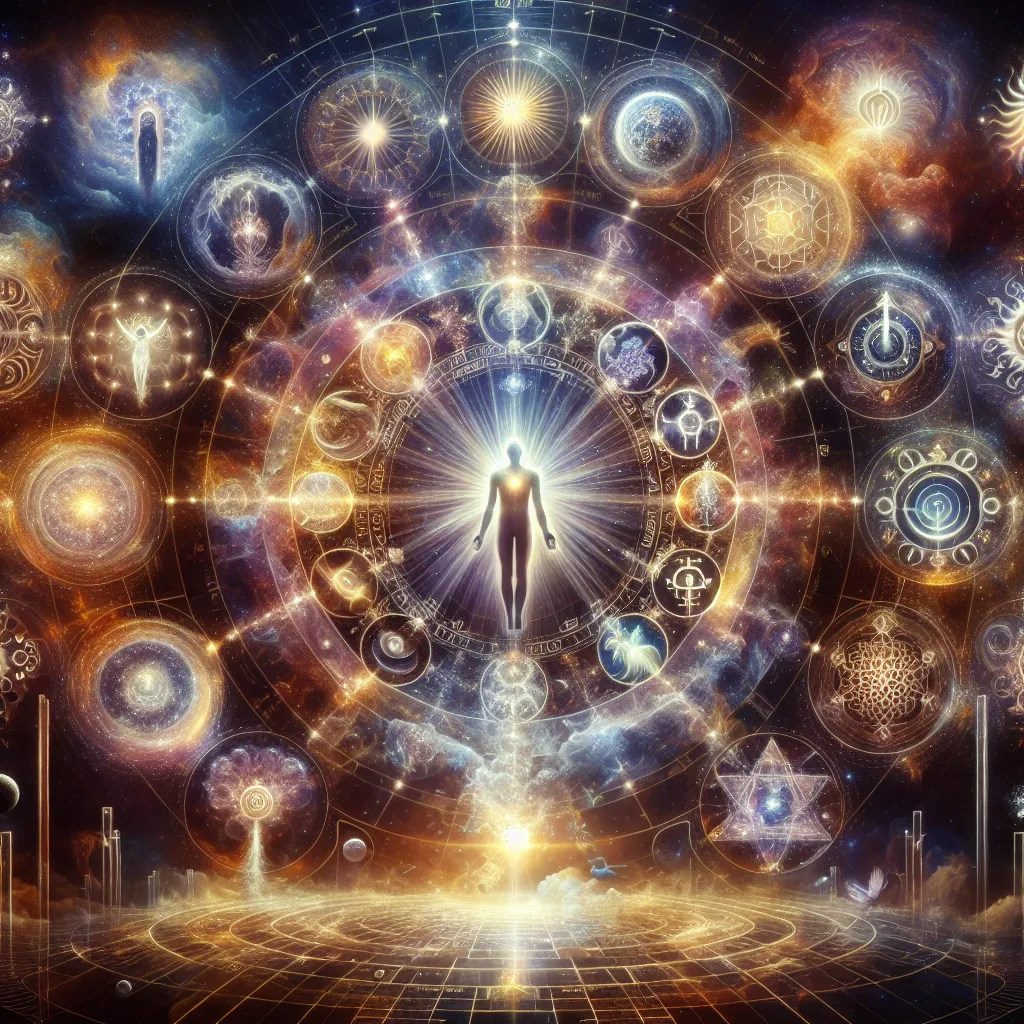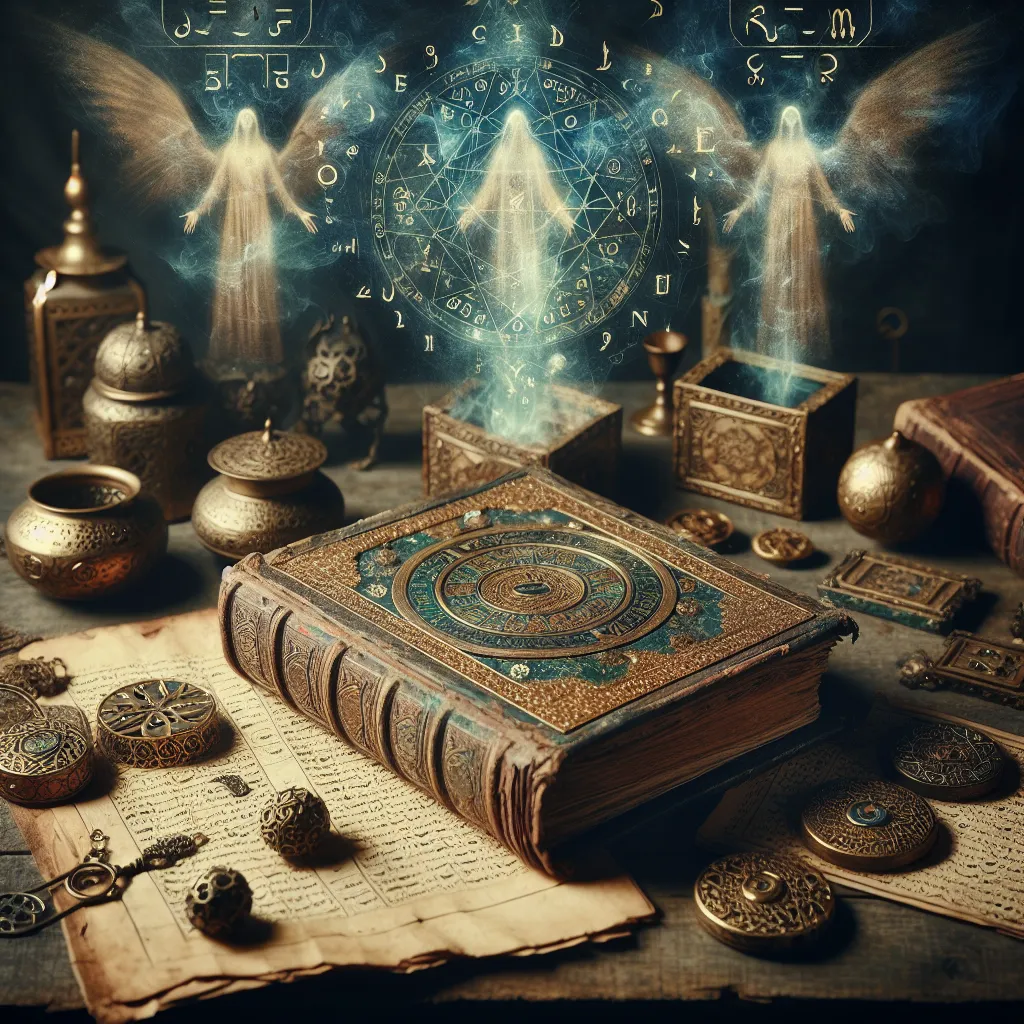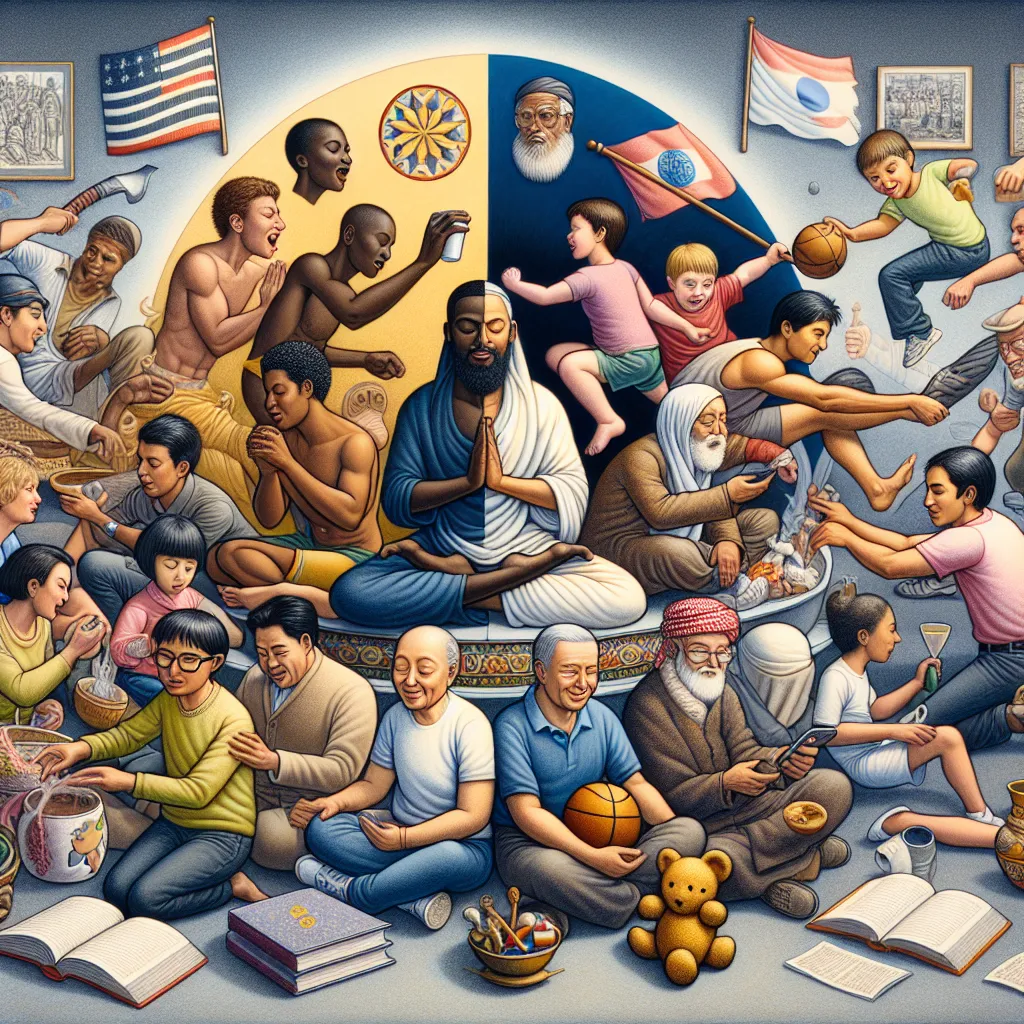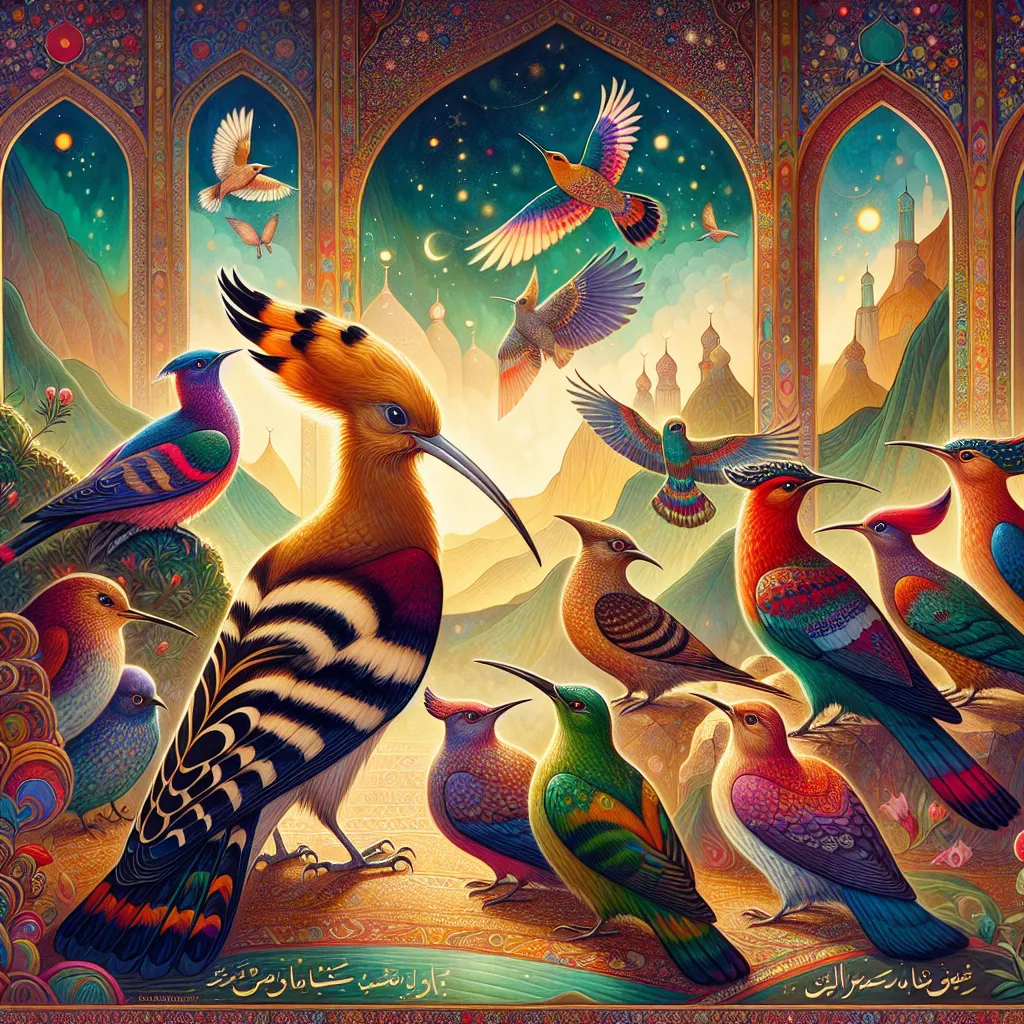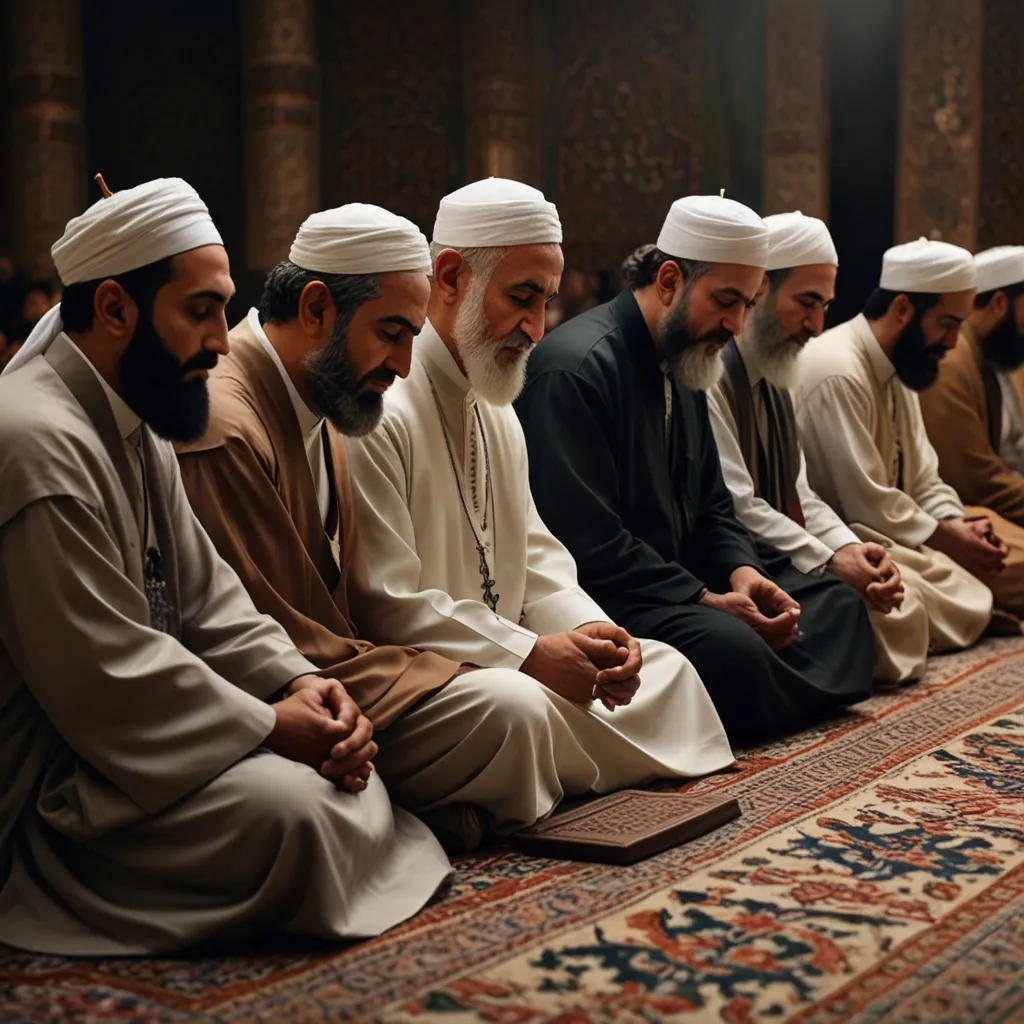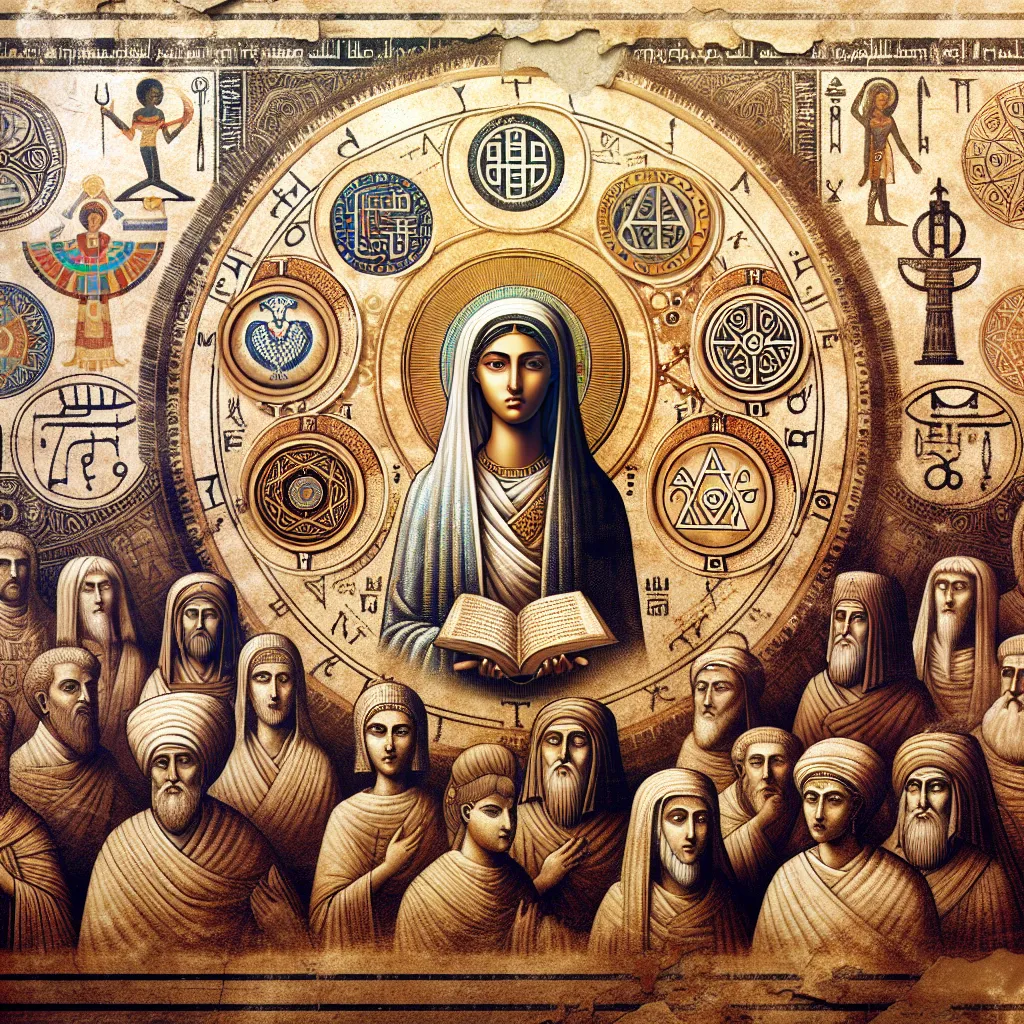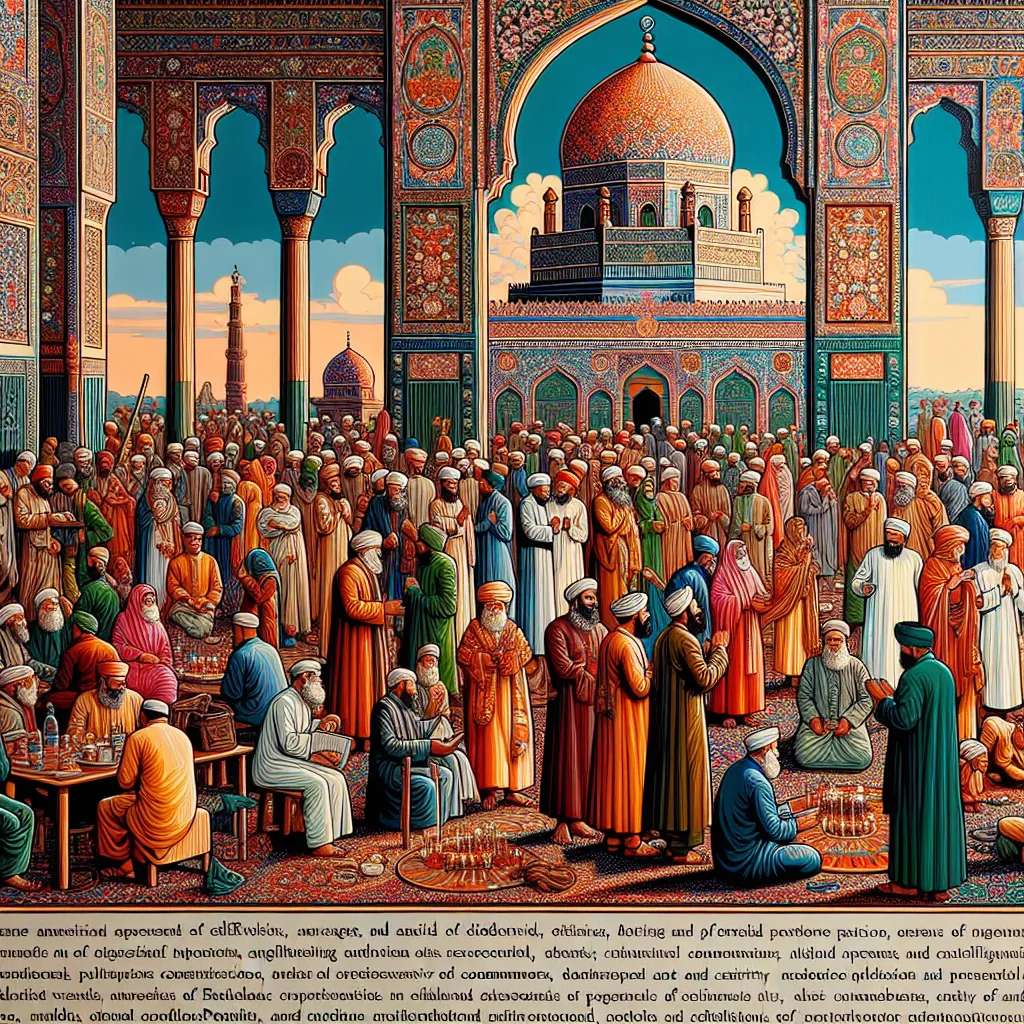Once, in a profound conversation with God, He asked me if I recognized my true self. I replied that I did—I am a non-being brought to life by His manifestation, darkness lit by His light. God told me to hold this knowledge tightly and warned against claiming what isn’t mine, teaching me that names and identities must return to their rightful owner.
He questioned me again about my identity, and I responded with deeper understanding: I am like God in essence, yet a creature in form. My true being is eternal and necessary because it stems from God’s essence. The creaturely aspect is but a name lent to me, a symbolic differentiation. God’s command was clear: hide this treasure, this understanding, for only those who endure severe trials and face death can uncover it.
God asked me further, “What are you?” I said I am both eternal and contingent, depending on my relation to Him. With God, I am a necessary being; without Him, I don’t truly exist. He then questioned, “Who am I?” I replied with reverence, acknowledging God’s perfection, transcending all attributes and thoughts. Yet, God told me I still did not fully know Him.
In an attempt to grasp His essence, I described Him as the ultimate unity of all opposites: the lord and the servant, the near and the far, the one and the many, the apparent and the hidden. God is beyond all descriptions, containing all contraries within Him. He reminded me to keep this profound knowledge hidden from those who are not ready, as the secrets of lordship and servitude are delicate. Revealing these secrets would annihilate their very essence.
Finally, God praised the knowledge I had gained, reminding me that nothing can lead to understanding Him except God Himself. It is only through Him that we can truly know Him.
